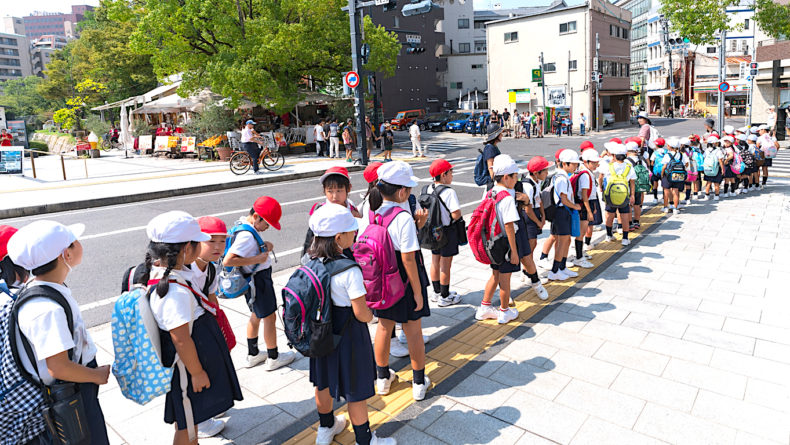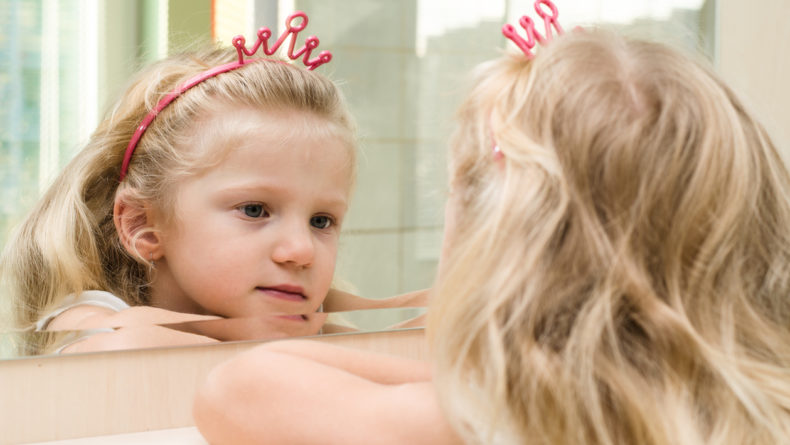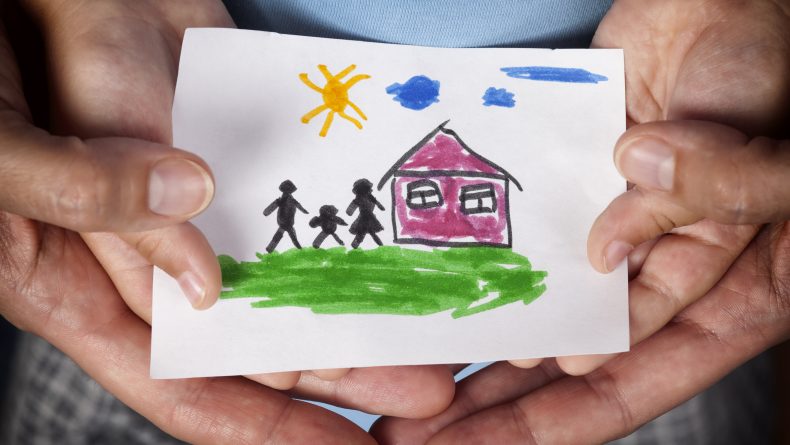Confessions & Confusions: What Foster Parents Wish Other People Knew
My Take On A Famous Blog Post
Ten things I and other foster (and adoptive) parents wish other people knew about us.
Welcome back!
Previously I shared with you that my experience is similar to what a famous foster mother blogger, Sharon Astyk, wrote about in a post in 2013 titled, “What foster parents wish other people knew.” Many of the issues she addresses are universal, still on point, and certainly applicable to Japan, so I decided to share my take on her post. Here they are, the 11 things I wish others knew, based on my own experience as a foster mom.
1. We’re not saints
If I had ¥100 for every time someone told me what a great thing I’m doing, I would long be retired by now with at least one extra house on the beach. If taking care of kids is a great thing, then please say it to yourself and everyone around you who raises kids, works with them, supports other parents, or simply offers their seats on the bus to a kid. YOU are also doing a great thing. Raising kids and being supportive of others who do, is a great thing. We are not exceptional and don’t want to be treated as such.
2. Watch what you say around the kids
Astyk’s point is that it’s not a good idea to talk about the kids’ histories, say, if their birth parents were drug addicts or street people or why they gave them up around the kids. I agree. I have been asked if I am going to adopt my daughter, which is a legitimate question, but since she’s older, that’s her decision. I don’t mind being asked that, but not in front her.
If I had ¥100 for every time someone told me what a great thing I’m doing, I would long be retired by now with at least one extra house on the beach.
3. Don’t act surprised that they are nice, loving, smart, well-behaved kids
Actually this is a funny one for me. My kids act nice, smart, loving and well-behaved OUT OF OUR HOUSE, but not necessarily in it. On the other hand, I can rest assured that at home they feel safe enough to be themselves, which sometimes means acting out because of past trauma, even if it’s hard on me or my husband.
4. Don’t badmouth their parents
Astyk says that by saying bad things about the children’s birth parents, no one is doing anyone any good. I agree. Fortunately, I have not encountered this, except, as I wrote earlier, with my mother-in-law, who like many older Japanese people, believes that fostering is a dangerous endeavor because the children come from “bad blood.” Thanks to Astyk’s writings, I’ve realized this isn’t only a Japanese way of thinking.
5. The kids aren’t grateful to us
In most cases, these kids have been taken away from everything they know. This is certainly true for Natsumi, who lived in an institution, a group home, and another institution before coming to us. She refers to herself as a “traveler,” and I hope she someday comes to feel that our home is her permanent one. Astyk also reminds us that although you might feel that the kids are “lucky,” and of course it is better for them to be with a family than in institutional care, the kids themselves may not feel that way for some time, if ever. We also shouldn’t expect them to be grateful, not to mention, remind them of this.
6. No, we’re not making any money out of it
While we are given a government subsidy every month for fostering Natsumi, we use the bare minimum and put most of it away for her for the future. The money supports her basic care and provides for her school necessities and we need it because she is a good and constant eater and school uniforms, supplies, sports clubs, and tutoring don’t come cheaply. She doesn’t know this and we’d like to keep it that way. Imagine if you found out your parents were being reimbursed for taking care of you. We are certainly not in this for the money.
7. Please don’t say “I could never do that”
Astyk here is referring to short-term fostering I think, which is more common where she is, which I think is the US. Natsumi is with us for as long as she likes. She and Shinji both speak of their birth mothers and their desire to meet them, and they may someday. What I have heard is “I could never do that (adopt) because I couldn’t love a child that wasn’t my own,” here in Japan by a foreign friend. At first I was shocked, but I’m grateful that my friend is honest enough to know his own heart and won’t bring a child who feels unlovable into an environment where that suspicion might be confirmed.
8. No they aren’t ours yet
Well, Shinji is ours – we adopted him one year after he moved in with us, but it will be up to Natsumi to decide if we’ll adopt her. People are free to ask me about this, but again, not in front of her.
9. It isn’t helpful to say we should just “give them back” or remind us we brought it on ourselves
When I was struggling with Natsumi and realizing that I had some of my own mental health issues to deal with, a family member suggested that if things didn’t improve for me that I should give Natsumi back. For me that was never an option, and even though I realize that the person was just trying to help, well, truth is it isn’t helpful to hear that.
On the other hand, some children are so traumatized and acting out so much, that unless their foster parents are child psychologists, they may opt to return the children. We have met people who have done that, after much agonizing and finding no way to stop the children’s problem behavior (in that case, stealing). Later those parents spent years worrying about those children and regretting their decision, although at the time they made it, they felt it was their only option. It isn’t an easy thing to do, so don’t hate on people who return children to institutions. Some children are so traumatized that they need to be in the care of professionals.
Yes, I didn’t give birth to you, but I am raising you, so I’m a real parent.
10. Foster kids are not “fake kids,” and we’re not babysitters
I am open about my kids and their situations. My kids might sometimes accuse me of not being their “real parents” and I usually counter with, “Yes, I didn’t give birth to you, but I am raising you, so I’m a real parent.”
11. Fostering is hard
Astyk recommends that you think about how hard fostering can be and multiply it by 10. I agree. She also says it’s “great and mostly utterly worth it.” She has probably had experience fostering more kids than I have or will, so I imagine that’s why she included the word “mostly.” For me, it’s been utterly worth it, but I may change my tune once the kids hit adolescence full on.
“Confessions & Confusions” is Melodie Cook’s regular column on adoption and fostering in Japan. Here, she answers questions from potential adoptive or foster parents, those who have already been through the system or any parents who just need to let off some steam. Got a question? Leave a comment or send us an email at editorial@gplusmedia.com.















